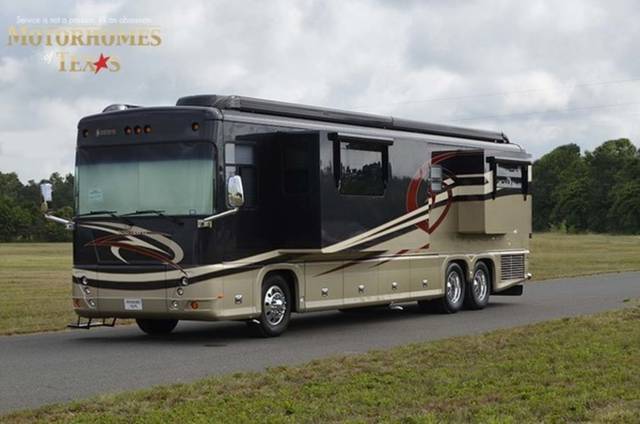short order cook
Member
We retired in 2021 and are long time campers. Tent to pop up, travel trailer and then our Fiver. Ready to move on to the last phase. We are looking for something $110,000 or less. Leaning towards diesel over gas. My wife is worried that the gas engine will not be dependable and I assure her that it is not a issue and that the maintenance is a lot less. I am however, with her on a DP for the more pleasurable and comfortable ride, towing tag car ease and other factors. I am concerned though about the annual maintenance cost on the chassis, motor, air brakes etc. I don't consider the actual RV components as part of the questionable cost. The maintenance on that part of the coach should be comparable to our 5th wheel. We are wanting to purchase one by the end of April so we have time to look and ask for guidance. Not sure which models offer a better quality regiment. Any help will be appreciated.

